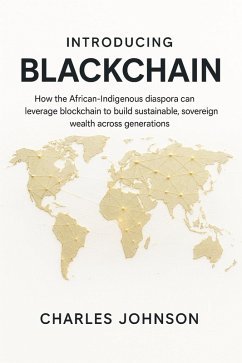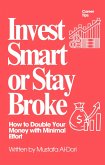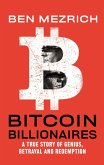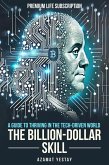The book begins by defining this concept of value rails and connecting it to history. Inspired by the cooperative spirit of Black Wall Street and Indigenous mutual aid systems, BlackChain is presented as a 21st-century mechanism to prevent wealth leakage from diasporic communities. Instead of capital draining away through banks, middlemen, or predatory fees, BlackChain captures and recycles it into education, small businesses, cultural preservation, and technology upgrades.
Central to the model is Self-Sovereign Identity (SSI) with Decentralized Identifiers (DIDs) and Verifiable Credentials (VCs). These tools allow individuals to own their data, prove qualifications, and consent to transactions without exposing personal information. Minors can participate through guardianship models, ensuring inclusion across generations. By weaving identity into finance, BlackChain makes trust visible while preserving privacy.
The book also explains the mechanics of on-ramps and off-ramps, how community members move between cash, mobile money, or bank accounts and the BlackChain ecosystem. Through these gateways, diaspora remittances become direct investments into local services, and community members can still withdraw funds as fiat when needed. This bridge between traditional and digital finance is what makes BlackChain practical and user-friendly.
Beyond infrastructure, Introducing BlackChain offers a step-by-step implementation roadmap. Ten integration steps, baseline discovery, governance setup, identity flow, on/off-ramps, minimum viable rails, safeguards, literacy, scale-up, change management, and sustainability, are laid out as mini-guides for communities, educators, and leaders. Templates for charters, RASCI charts, data policies, grant proposals, and risk registers transform abstract vision into concrete action.
A key innovation is the community treasury, governed through multi-signature wallets or DAOs. This transparent, participatory fund distributes resources toward grassroots initiatives, with safeguards such as spending limits and collective approvals. Over time, the treasury becomes a self-sustaining engine of development, accountable to the very people it serves.
Education and youth empowerment are woven throughout. Early childhood programs introduce trust, sharing, and fairness through story-based curricula; schools and parents receive toolkits; teens access apprenticeships, hack clubs, and mentorship through diaspora professionals. Micro-credentials and digital badges certify their growth, helping them build portable, blockchain-verified learning records.
Ultimately, the book argues that sovereign wealth is not abstract. It is created each time value enters the community, circulates locally, and is recorded transparently for shared benefit. BlackChain redefines wealth as cultural, social, and financial capital that belongs to the people.
The message is simple yet powerful: a chain is only as strong as its weakest link. By strengthening every link, parents, youth, educators, MSMEs, diaspora networks, the entire chain of communities can rise together. Introducing BlackChain provides both the vision and the practical tools to make that rise inevitable.
Dieser Download kann aus rechtlichen Gründen nur mit Rechnungsadresse in A, B, CY, CZ, D, DK, EW, E, FIN, F, GR, H, IRL, I, LT, L, LR, M, NL, PL, P, R, S, SLO, SK ausgeliefert werden.









